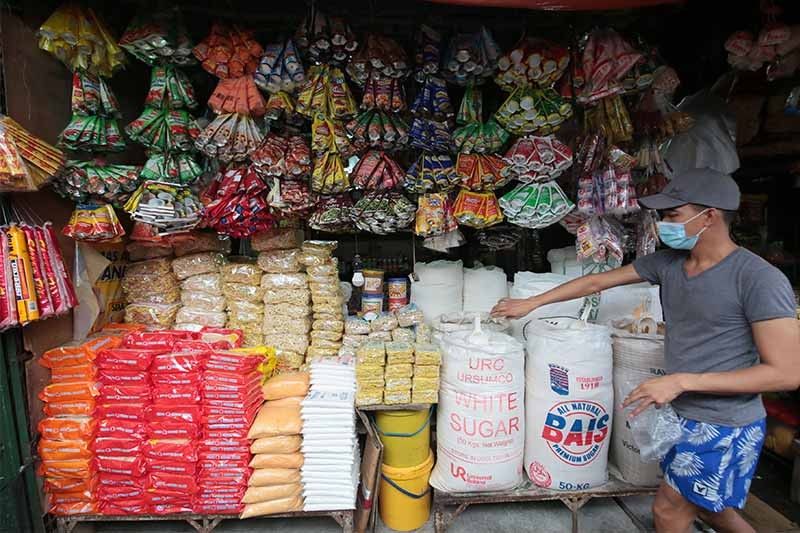Inflation seen to prompt slight rollback of monetary stimulus

MANILA, Philippines — Think tanks are seeing inflation as a potential top concern for policymakers in emerging economies, including the Philippines, with at least one projecting rising prices as impetus to roll back some of last year’s monetary stimulus.
The country, together with Mexico, Russia and Brazil are considered “most at risk of seeing some near-term challenges for policymakers as inflation remains elevated,” Fitch Solutions said in a report. Oxford Economics, in a separate report, said food prices and weaker currencies are “main threats” that can fan inflation.
For Fitch Solutions, this means that rising prices of basic goods and commodities would leave the Bangko Sentral ng Pilipinas (BSP) with no choice but to raise policy rates by 25 basis points to 2.25% this year. The projected hike, however, remains lower than that seen for Brazil at 100 bps as Fitch noted that price increases are largely contained on food.
“Inflation may become more of a concern over the coming months as the global economic recovery builds, base effects kick in and commodity prices remain elevated,” Fitch Solutions said.
“In the Philippines, African swine fever has pushed up food prices, but there is little sign of a broad-based rise in inflation,” it added.
That said, any adjustment in benchmark rates, no matter how small as expected by Fitch Solutions, would indicate a U-turn for the BSP that spent all of 2020 delivering aggressive monetary stimulus in the form of a 200 bps cut each in interest rates and reserve requirements.
On Thursday, BSP Governor Benjamin Diokno already signaled the central bank is unlikely to step in and rein inflation which he said is better addressed by larger pork and vegetable supplies. Fitch’s projection indicates the BSP may be prompted to abandon that signal, and go on and raise rates.
Inflation, as measured by the consumer price index, quickened to 4.2% year-on-year in January, breaching the 2-4% target for the year and a 2-year high. The central bank already expects to cap the year at the ceiling of that goal.
To be fair, Fitch Solutions said the Philippines is not alone in experiencing growing inflation problems. Apart from Mexico, Russia and Brazil where majority of the risks are coming from, Turkey and India are also seeing inflation overshoot government targets so far this year, while just on target for Brazil and Czech Republic.
On the flip side, inflation is treading below official limits in Colombia, South Africa, Indonesia, Thailand and China.
Oxford Economics also see “strong upward forces” on inflation, which apart from food would be driven by increasing global oil prices. For developing economies which are mostly net oil importers, this can pose a “significant” risk to prices.
“Median EM inflation has been broadly flat during the pandemic, but rising commodity price increases are of considerable concern,” Oxford Economics said.
“Risks of a pickup in EM inflation over the next few months are significant. For a short while, some strong upward forces, such as commodity price recoveries and still depreciated currencies, could hold sway over continued weak demand,” it added.
- Latest
- Trending






























